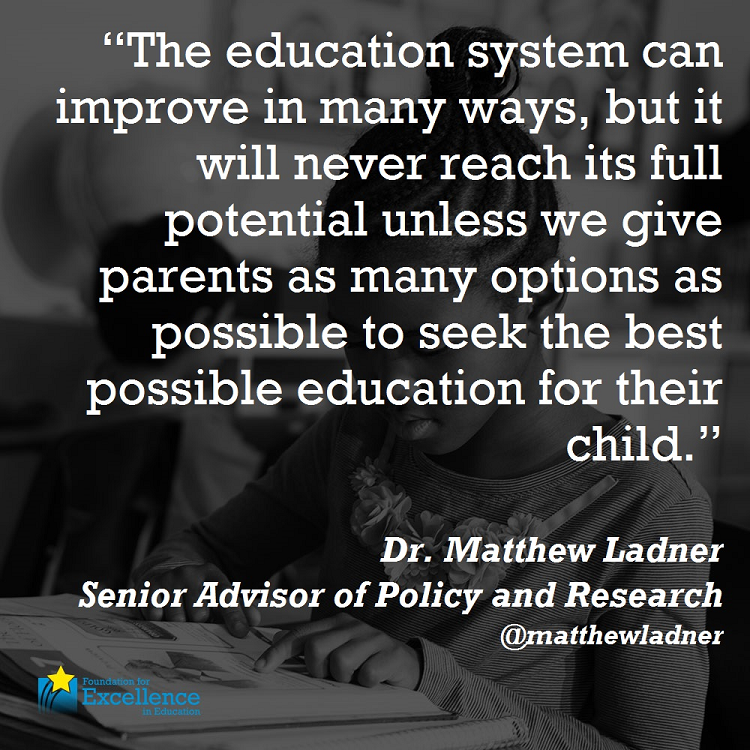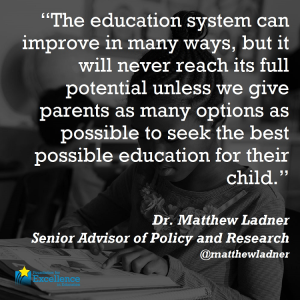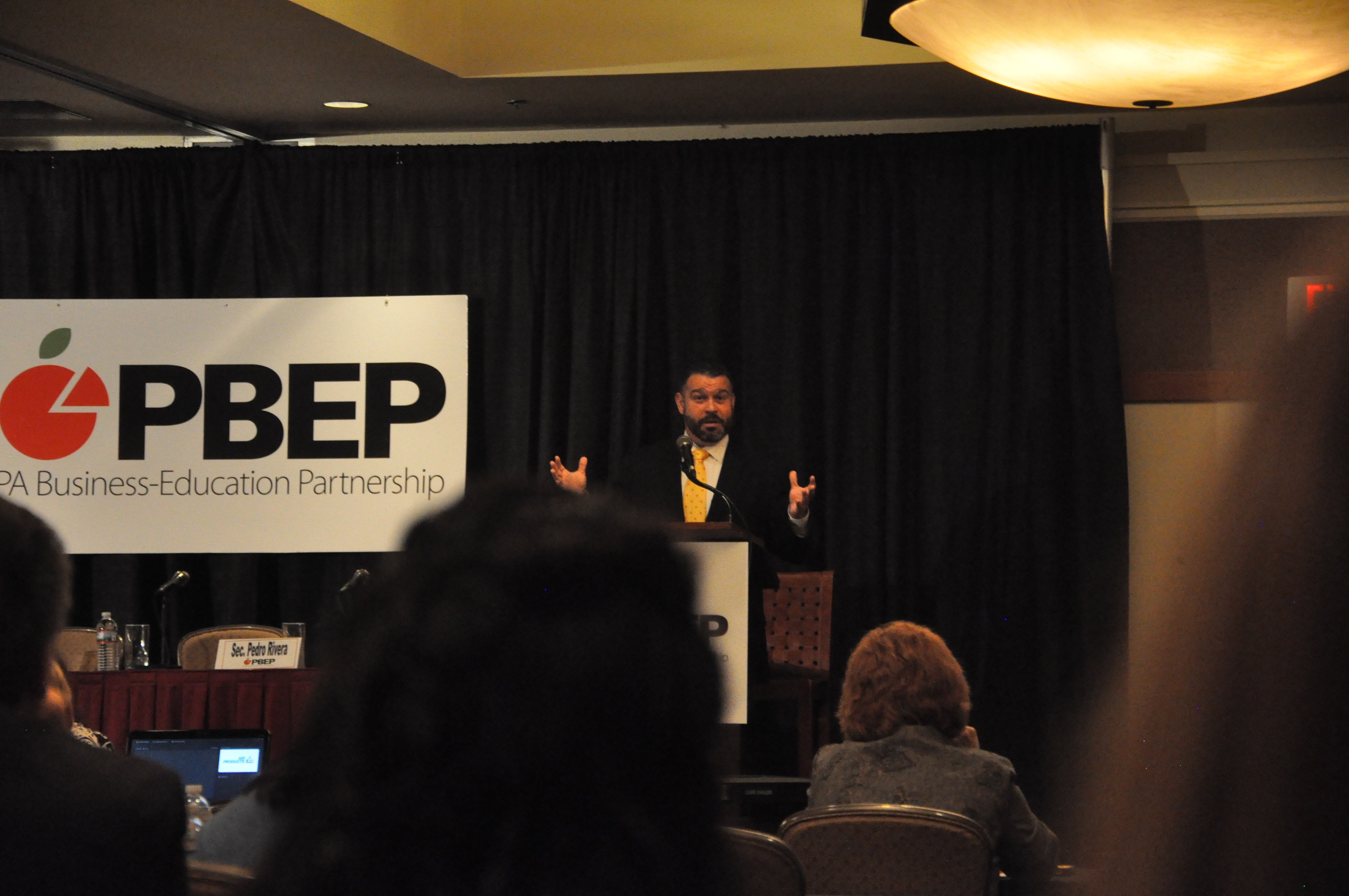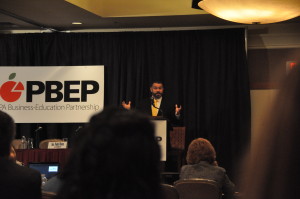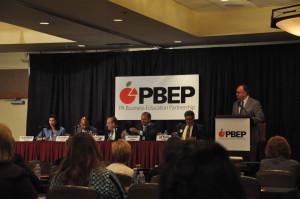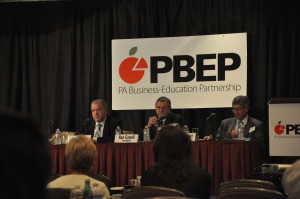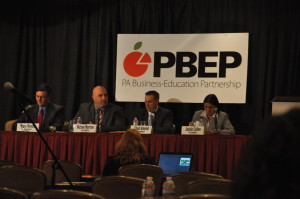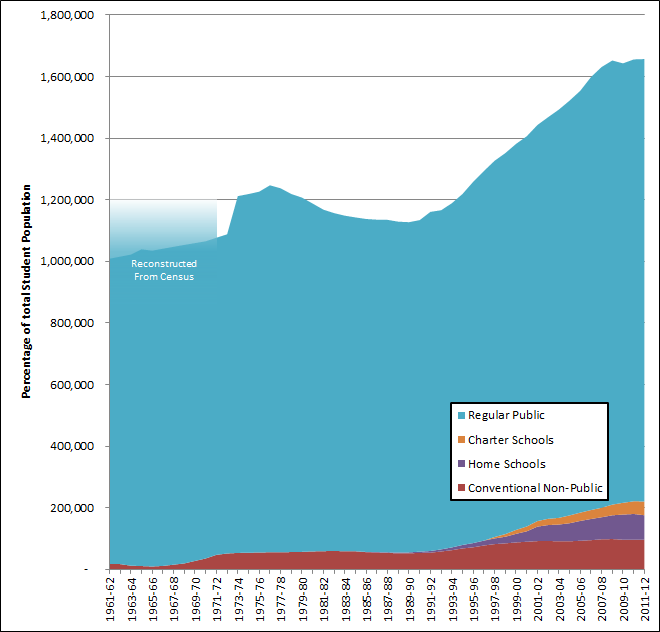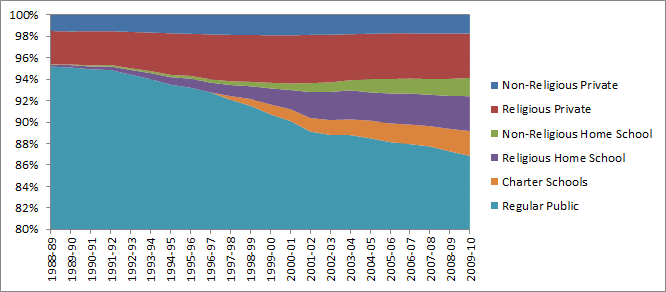The GOP isn’t necessarily seen as a united party at the moment. It’s hard to find a single issue where the 15 Republican presidential candidates actually agree. However, there is one message that is being consistently stated by candidates from Bush to Paul to Carson. That message has to do with education:
#TrustParents.
Take a look at what has been said. (Bold added for ephasis)
Jeb Bush: “The best solution to our nation’s failing educational system is empowering parents.” [Source]
Ben Carson: ““Education that is closest to home, local education, seems to be the most effective education. So I would tend to be much more in favor of education that is controlled at a state level and by local municipalities—and in which the parents have a much greater say about what is happening with their children.â€Â [Source]
Chris Christie: ” I think parents are better suited to make decisions about their children’s education than union leaders.” [Source]
Ted Cruz: “Every parent has a right to educate his or her children.” [Source]
Carly Fiorina: ““Parents play incredibly important roles in a child’s education, and any successful education reform plan must embrace and encourage robust parental involvement.†[Source]
Jim Gilmore: ‘Parents should have options to home-school their children or perhaps get support in sending them to private school.’Â [Source]
Lindsey Graham: “Education belongs in the hands of our parents, local officials, and states.” [Source]
Mike Huckabee: “I am steadfast in my belief that parents—parents—should ultimately decide the best venue for their children’s education.” [Source]
Bobby Jindal “Instead of the child following the dollars … we make the dollars follow the child … because we trust parents not bureaucrats to make the best decisions for our kids.” [Source]
John Kasich: “And there will be more. More school choice, giving families more control over how and where to educate their kids, including technical and vocational education.” [Source]
Rand Paul: “The responsibility for education ultimately lies with the parents and education is one of the greatest gifts parents can give their children. I believe that parents should be empowered to take an active role in their children’s education.†[Source]
George Pataki: ““One of the things I fought for but couldn’t get was an education tax credit, where we could take a part of our taxes and use it to help students to learn better— whether it was with additional support in the public system or paying for education outside in the private or parochial system.†[Source]
Rick Perry: “I see an education system that is the envy of the world, controlled by parents and the people according to the beliefs of the communities in which they live.” [Source]
Rick Santorum: “How about early parent intervention with their children? Instead of focusing on the child and getting them out of the home and into an educational setting, how about focusing on the parents and trying to get the parents more interested and involved? Parents are the first teacher.â€Â [Source]
Marco Rubio: “We need to allow charter schools and other innovative schools to flourish. The key to that is empowering parents. Parents should be the ultimate decision makers on where their children go to school.” [Source]
Donald Trump: “And we’ve got to bring on the competition—open the schoolhouse doors and let parents choose the best school for their children.” [Source]
Scott Walker – I trust parents to make the right choice for their children and I want to help them have as many quality choices as possible.†[Source]
This post looked at the rhetoric of the candidates but do their actions support their rhetoric? My next post will look at the actions of these candidates to see how they compare to the statements.


